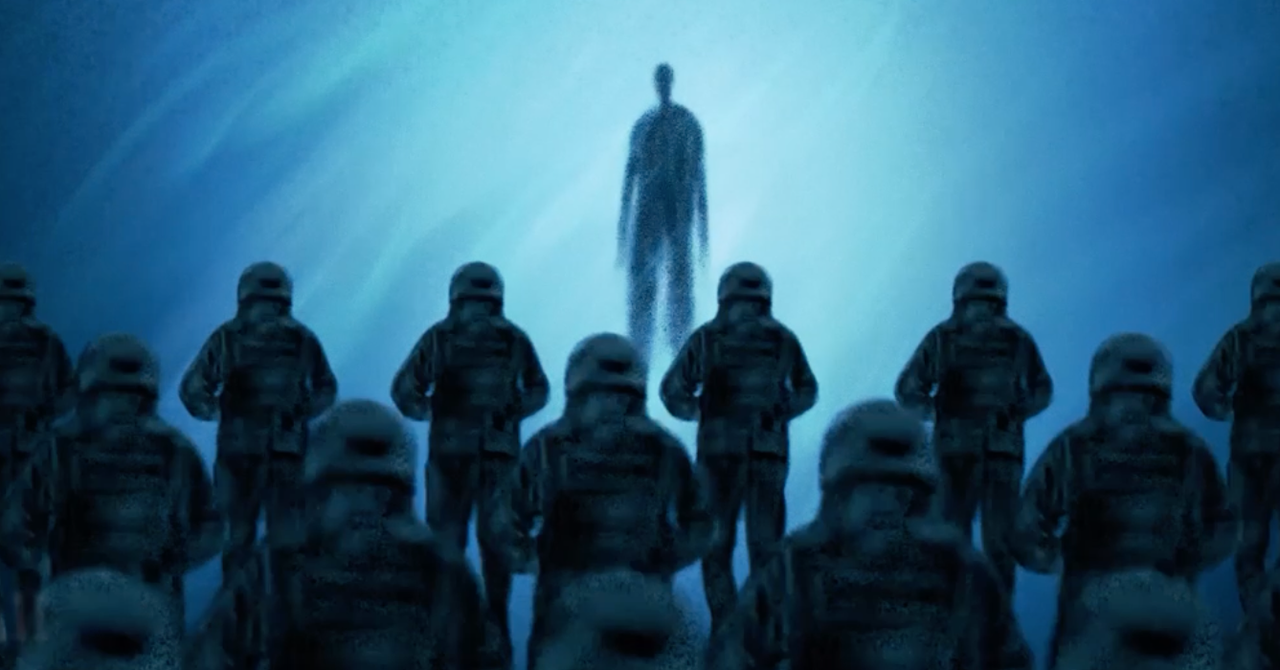What just happened? Suchir Balaji, a 26-year-old researcher who spent four years at OpenAI, was found dead in his San Francisco apartment last month. In an interview with The New York Times in October, Balaji expressed his concerns about how OpenAI allegedly used copyrighted data to train its AI models.
Balaji told the NYT that he quit OpenAI after four years at the company as he had realized generative AI would cause more harm than good. His biggest worry was the way OpenAI allegedly used copyrighted data for LLM training – something virtually every other AI startup has been accused of. He also believed its practices were damaging to the internet.
Balaji said he was skeptical that the “fair use” argument makes for a plausible defense for a lot of generative AI products.
“If you believe what I believe, you have to just leave the company,” he told the publication.
I recently participated in a NYT story about fair use and generative AI, and why I’m skeptical “fair use” would be a plausible defense for a lot of generative AI products. I also wrote a blog post (https://t.co/xhiVyCk2Vk) about the nitty-gritty details of fair use and why I…
– Suchir Balaji (@suchirbalaji) October 23, 2024
Most AI firms point to the “fair use” argument when accused of copyright theft, be it in court or otherwise. Balaji also published a lengthy article on this topic on his personal blog in October. His conclusion was that he didn’t believe ChatGPT’s training data usage qualified as fair use, noting that similar arguments were not specific to ChatGPT and could be made for many generative AI products.
Balaji told the NYT that generative AI tools would make it impossible for organizations to stay commercially viable if their content was being used to train the systems.
Balaji’s post also highlights the damage generative AI can have on online knowledge communities, pointing to the 12% decline in traffic to Stack Overflow after the release of ChatGPT.
The San Francisco Police Department told TechCrunch that Balaji was found dead in his apartment on November 26. Officers and medics had been called to his residence in the city’s Lower Haight district to perform a wellness check. No evidence of foul play was discovered during the initial investigation.
“The manner of death has been determined to be suicide,” David Serrano Sewell, executive director of San Francisco’s Office of the Chief Medical Examiner, told CNBC.
“We are devastated to learn of this incredibly sad news today and our hearts go out to Suchir’s loved ones during this difficult time,” said an OpenAI spokesperson.
OpenAI is involved in several copyright lawsuits right now, the highest-profile being against The New York Times, which alleges the company and Microsoft, OpenAI’s biggest investor, used its articles to train AI models such as ChatGPT without permission.








Leave a Comment